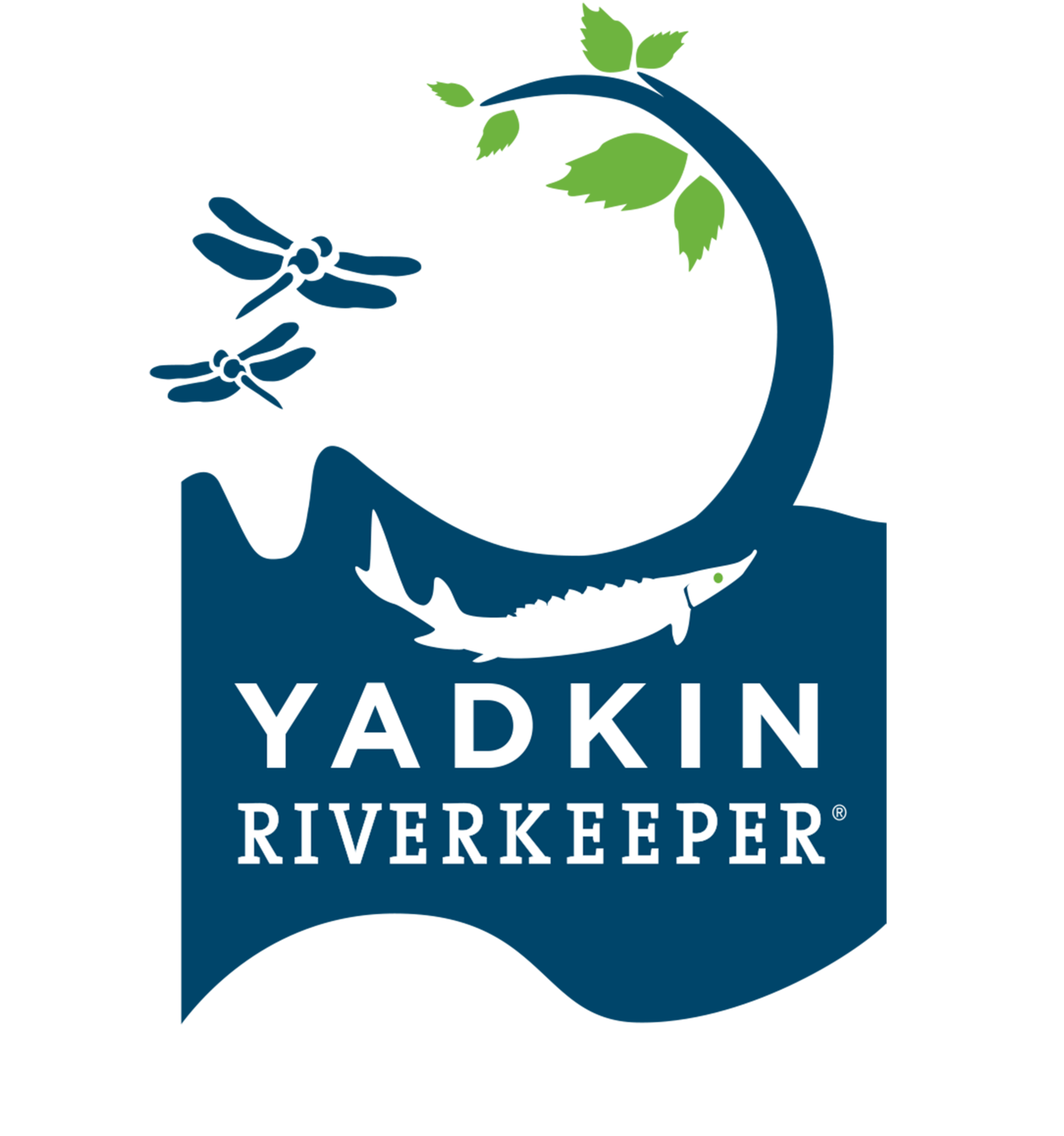Buck Steam Station
The following is a series of excerpts of Judge Biggs' ruling against Summary Judgement on our federal Clean Water Act case at Buck Steam Station on High Rock Lake.
Yadkin Riverkeeper brought this case to force clean up of ongoing and continuous discharges of coal ash to the Yadkin River via unpermitted seeps and contaminated groundwater flowing into the Yadkin River in September 2014. Oral arguments on Summary Judgement were in August 2015 and Judge Biggs' decision came down in October 2015.
Paragraphs in italics are Judge Biggs'.
1) Diligent Prosecution. DENR is not "diligently prosecuting" their claims against Duke. If they were, it would bar our suit. They fail to diligently prosecute for two reasons, first, because they have failed to act on the claims they've made, and second, because Yadkin Riverkeeper's claims touch different issues.
"As earlier recognized by this Court, after two years of litigation in state court, DENR has yet to conduct any depositions, has agreed to stay its discovery of the defendant, and has moved to stay its own case. ... DENR’s prosecution does not inspire confidence that its state court action will move expeditiously to a final resolution. Nor does DENR’s action encompass each of the Riverkeepers’ claims."
2) No Stay. The Coal Ash Management Act passed by the NC Legislature in 2014 does not justify "staying" our suit. While that Act in theory would require clean up of all coal ash ponds, the schedule of clean up has not been set and is subject to revision by the legislature at any time. In short, the Clean Water Act does not wait on the NC Legislature or NC DENR.
"In the face of this potential harm and prejudice to the Riverkeepers and those they seek to protect, Duke Energy’s briefing is silent on the issue of the hardship or inequity it would suffer if required to move forward with litigation."
3) Hydrologic Connection. Groundwater can be a "conveyance" under the Clean Water Act (CWA). This means that even though groundwater isn't a Water of the United States (WOTUS) which falls under CWA jurisdiction, it can be a "conveyance" just like a pipe, carrying contaminants from a "point source" such as the coal ash ponds to a Water of the US, like the Yadkin River. This is an important ruling that may have implications at other coal ash cases across the state.
"This Court views the issue not as whether the CWA regulates the discharge of pollutants into groundwater itself but rather whether the CWA regulates the discharge of pollutants to navigable waters via groundwater. Thus, the Court concludes that it has jurisdiction under the CWA to adjudicate claims where, as alleged in this case, pollutants travel from a point source to navigable waters through hydrologically connected groundwater serving as a conduit between the point source and the navigable waters. Accordingly, the Court denies Duke Energy’s request to dismiss the Riverkeepers’ Hydrological Connection Claim pursuant to Rule 12(b)(1)."
4) Dam Safety. Dam safety in the Buck permit covered under the Clean Water Act. Even though the Act itself doesn't address dam safety, the failure of the dams would release pollutants into the Yadkin.
"If the dams at Buck serve to contain the contents of the coal ash lagoons, as the Riverkeepers allege, (see Compl. ¶ 32, ECF No. 1), then dam failure could result in a“catastrophic release of waste” from the lagoons into the Yadkin River. See 80 Fed. Reg. at 21,325 (referencing dam failures in Pennsylvania and Tennessee). While the dam safety provision of the Buck Permit does not itself regulate the discharge of pollutants, dam safety is vital to Duke Energy’s efforts to prevent unlawful discharge and comply with theconditions of its permit."
In sum, Judge Biggs ruled in Yadkin Riverkeeper's favor on every major issue and our case will move forward toward trial. Thank you for your time and please email info@yadkinriverkeeper.org or call our office at 336-722-4949 if you have any questions!

